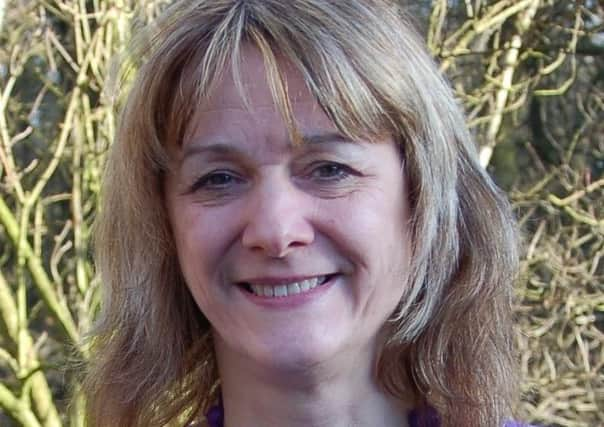Notts: County Council is maintaining the fight against the cyberbullies


When I began my role as anti-bullying co-ordinator at the council, cyberbullying was seen exclusively as a secondary school issue.
Now, it’s a feature of primary school life too, through social networking sites and free messaging apps, most of which recommend 13 as the minimum user age.
Advertisement
Hide AdAdvertisement
Hide AdTeachers tell me that many of the issues around bullying and falling out with school friends have some sort of online dimension.
Some children aren’t transferring online the social skills they have in face-to-face relationships.
They genuinely don’t consider that what they’ve said is inappropriate and are often confused when friends are upset the next day at school.
Research shows that 25 per cent of children have witnessed mean or cruel behaviour directed at a classmate online.
Advertisement
Hide AdAdvertisement
Hide AdBut only 23 per cent who had directed an online comment with cruel or abusive language considered it ‘mean’.
Today’s (Friday) Stop Cyberbullying Day is sending out a clear message that, used positively, the internet can be a fantastic place and this must reinforced with our children.
From the moment we allow them access, we must work with them to consider how they present themselves online and to be as considerate online as off.
We must also teach them to develop their own strategies to deal with unkindness, peer group pressure and unwanted contact online.
Advertisement
Hide AdAdvertisement
Hide AdI work with young people across the county and help teachers develop e-safety as part of the curriculum.
I also work with parents, recently doing sessions at Gateford Park, Ramsden and Walkeringham Primary Schools, encouraging them to get involved so their children feel confident to go to them for help.
If the adults in their lives are interested and willing to learn with them, children are more likely to turn to them for support when they come across things that frighten or worry them.
They’re also less likely to keep their activities secret as they know they’ll get help when they make mistakes.
Advertisement
Hide AdAdvertisement
Hide AdYoung people have a powerful part to play in making the internet a safer place.
And I’m confident they will learn from mistakes and behaviours of the past and develop their own strategies to have positive experiences and challenge negative ones.
Many people born into the digital age are now parents themselves so can make a great contribution.
Notts County Council has an anti-bullying guidebook available to download now at http://tinyurl.com/pbj7bba
For details, visit www.nottinghamshire.gov.uk